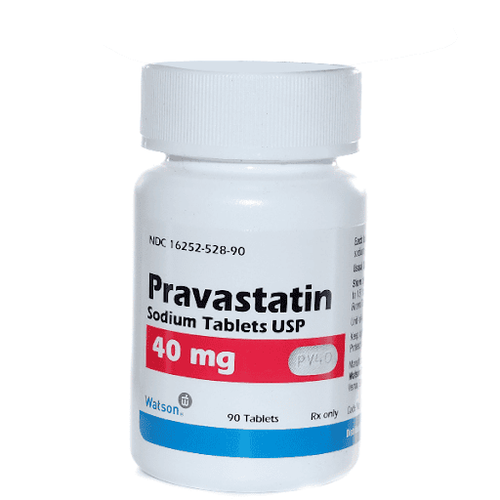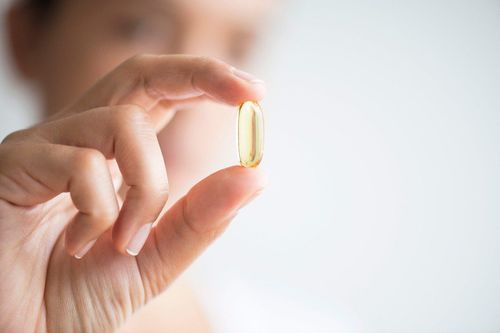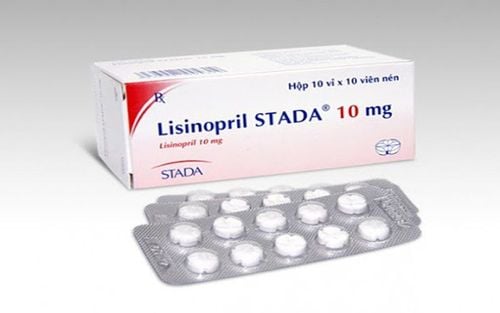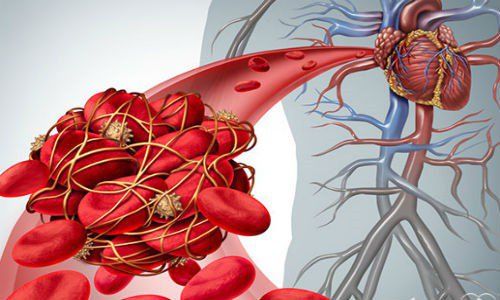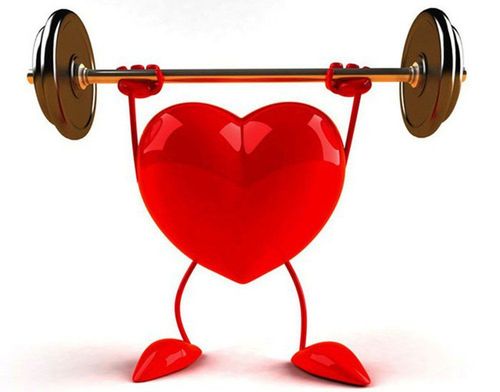This is an automatically translated article.
The article is professionally consulted by Master, Doctor Do Nguyen Thuy Doan Trang - Head of Extracorporeal Circulation Team - Cardiovascular Center - Vinmec Central Park International General Hospital. The doctor is a leading expert in Extracorporeal Circulation in cardiac surgery and cardiac resuscitation, Cardiovascular medical treatment.Cholesterol is a fatty substance found in the blood and all different types of cells in the body. This is an important component because it is the main agent that makes up cell membranes along with a number of hormones, and serves other important functions in the human body.
1. What is cholesterol?
Cholesterol is one of many substances created by the body to contribute to maintaining the health of the body. Some of them are made by the body, but some are obtained from a variety of dietary sources.Cholesterol in the body is divided into 2 main types, 'good' and 'bad'. Therefore, it is very important to accurately assess the concentration of these two types of cholesterol in the blood.
If there is too much cholesterol of one type or not enough cholesterol, it can lead to diseases such as coronary artery disease, peripheral vascular disease...
2. Find out about your blood cholesterol levels?
The American Heart Association (AHA) has implemented a National Cholesterol Education Program for all to detect high blood cholesterol. In particular, people aged 20 years and older will be set up a profile dedicated to monitoring "lipid" tests for 5 years.This test includes readings of total cholesterol, including LDL (bad cholesterol), and HDL (good cholesterol), and finally triglycerides. These tests will be done after you have fasted for 9-12 hours. If you do not fast before the tests, your doctor will not be able to perform an accurate lipid profile and you will be asked to repeat the test.
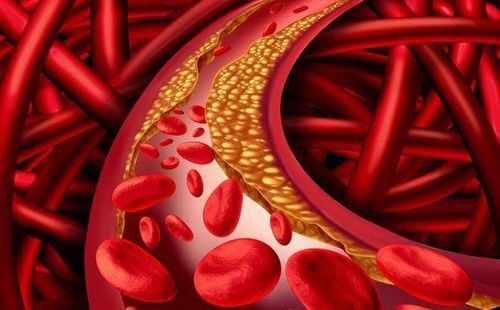
3. LDL and HDL: Which type of cholesterol is bad, which type is good?
Cholesterol is a substance that cannot be dissolved in human blood, and it needs to be transported by a transporter called lipoprotein. Lipoprotein is a substance that plays an important role in the body's lipid transport processes. Lipids are a water-insoluble substance, but after they combine with proteins, the hydrophobic parts are rolled inward, and at the same time the apoprotein part forms a shell around it, so it can be used to transport substances in humoral environments, such as blood. Very-low-density lipoprotein (VLDL) and low-density lipoprotein (LDL) are two completely different types of lipoproteins that have been found in the blood.VLDL and LDL are often different because of the ratio of cholesterol, triglycerides and proteins to make up each lipoprotein. In particular, VLDL is determined to contain a lot of triglycerides, while LDL contains a lot of cholesterol.
VLDL and LDL are both types of bad cholesterol. Although our body needs both cholesterol and triglycerides to function, too much will cause the accumulation of plaque in the arteries. This can lead to an increased risk of heart disease and stroke. In addition, in our body we also find a high level of "good" cholesterol called HDL cholesterol (High-density lipoprotein).
All of the above cholesterol and triglycerides make up total cholesterol. They can all be identified by routine blood tests.

HDL has transported some cholesterol out of the blood vessels and then back to the liver. But some theories suggest that HDL will slowly move excess cholesterol away from the arterial plaque.
3.2 What is VLDL cholesterol? VLDL is cholesterol made in the liver and is responsible for transporting triglycerides from tissues into the bloodstream. According to research, it is made up of the following main ingredients (by mass):
Cholesterol 10% Triglycerides 70% Protein 10% Other fats about 10% Triglycerides Transported by VLDL will be used by the body's cells that are responsible for making energy. If the daily meals contain too many carbohydrates, sugars, fats, ... more than our body needs, that can become the main cause of triglyceride levels. excessive increase, high blood levels of VLDL.
Excess triglycerides will be stored in fat cells and then used for energy when needed.
High levels of triglycerides are associated with the accumulation of plaque, which increases our risk of heart disease and stroke. This comes from:
Increased inflammation High blood pressure in some people Changes in the lining of blood vessels Low levels of high-density lipoprotein (HDL). In addition, high triglycerides may also be associated with metabolic syndrome and nonalcoholic fatty liver diseases.
To reduce bad cholesterol in the body such as VLDL and LDL, you should make positive lifestyle changes at home such as: using healthy foods and increasing daily exercise activities.
In addition, not using tobacco, stimulants such as alcohol, drugs, ... also contribute to bringing great benefits to health. You can consult with doctors to get useful advice on how to build a heart-healthy lifestyle, contributing to reducing the amount of "bad" cholesterol in our body.
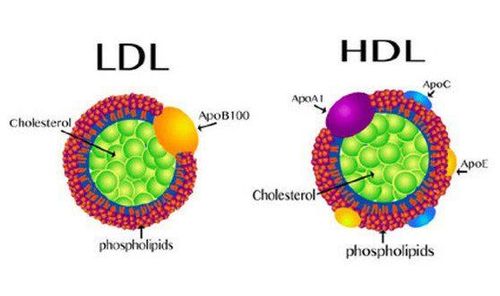
Please dial HOTLINE for more information or register for an appointment HERE. Download MyVinmec app to make appointments faster and to manage your bookings easily.





